0 Comments
A shrine to Our Lady of Lavang in the parish of St. Vincent Liem, Calgary has recently been built and blessed, and is the pride and joy of the Vietnamese community in the city. Fr. Joseph Canh Vu, pastor of St. Francis Assisi parish and former pastor of St. Vincent Liem parish (2009-2017), says the Blessed Virgin Mary is an important part of the Vietnamese Catholic culture and the shrine has become popular for those who want to pray and honour the Holy Mother of God. The shrine is devoted to the story of Our Lady who is said to have appeared many times in Lavang, Vietnam in 1798. “The Vietnamese people are fond of the devotion of the Virgin Mary in Vietnam. Families say the Rosary often before going to bed,” said Father Joseph. “In Vietnam, it’s a tradition to devote ourselves to the Virgin Mary. “The community is very excited. When people come to Mass, or even weekday Mass, they go to say a prayer in front of the shrine.” St. Vincent Liem Church, which is located in the Forest Lawn neighbourhood, was formerly in Inglewood. After years of growth in Inglewood, the Church made the bold move to build a new Church where it is located today at 2412 48th Street SE. The current pastor of the church is Fr. Nguyễn Đức Vượng. The associate pastor is Fr. Phạm Công Liêm. The new church was dedicated on July 11, 2015 by Bishop Emeritus Frederick Henry of the Calgary Diocese. It is known for its grandeur and modern architecture, featuring an open concept, natural lighting, and the versatile design with a touch of the Vietnamese heritage. In the years 2009-2010, the St. Vincent Liem parish in Inglewood began to seriously contemplate building a new Church. The number of people attending Mass was increasing. Parking for the weekend was increasingly becoming more difficult. From 2011 to 2013, the parish began planning the construction of a new Church. On June 15, 2013, the first broken stone officially opened the construction of a new Church in the Forest Lawn area. After the new Church was built, on May 16, 2015, the statue of Our Lady was moved and temporarily placed at the back area of the Church as a place for parishioners to pray. On March 25, the parish held a Mass for the laying of the first stone to inaugurate the construction of the shrine. The project was completed in early October. On Oct. 10, Bishop William McGrattan officially blessed the shrine of Our Lady of Lavang.
For Flory D’Souza the Outdoor Way of the Cross is a family affair. Her father Antonio Carvalho carried the cross in the procession a few months before he died. At 91, with a cane in one hand, the cross on his opposing shoulder, he carried the cross right to the very end of his life. “I took a picture of him carrying the last station of the Cross and I got it printed while he was in the hospital. Everyone could not believe that was my Dad,” said Flory, picturing the scene four years ago. “For him it was just because he was a man of faith and I think a little way of saying: Jesus I’m helping you carry your cross and carrying my own cross with His. It gave him fulfilment in being part of the Good Friday event,” said Flory. For 20 years Flory’s parents Antonio and Annie made the Good Friday pilgrimage through the city. Now at 83, Annie is unable to participate anymore, but Flory fondly remembers how important this pilgrimage was for her parent’s spiritual lives — a spiritual practice she plans to carry on. “When my dad was interviewed by a reporter he was asked: ‘You are such a small man and you carry such a heavy Cross?’ His answer was: ‘My Jesus helps me.’ I thought what a sweet answer,” said Flory. “When I’ve carried the cross I’ve found it heavy, but I think it’s the weight of our sins that makes it heavier,” she said. “It has helped us know that we all have a cross to carry, but Jesus helps us to carry that cross. And He never gives us a cross too heavy to carry. It helps our faith, to go on and trust in God and be thankful that Jesus did what He did for us to be free.” Flory has carried the Cross a number of times and has consistently attended the pilgrimage for the last decade. Since she has never been to the Holy Land she sees this as her opportunity to walk in the footsteps of Christ. “This just means so much. The stations take you to human suffering. It was Jesus’ suffering in Calvary, but here in every station is some kind of human suffering and you are made aware of it,” she said. Flory is no stranger to suffering. Two years after her father’s death, her husband John suddenly died at the age of 57. “My strong Catholic faith, thanks to my parents, has helped me cope with my cross in life and these great losses,” she said. Flory immigrated on her own to Calgary 30 years ago from Kenya. Of her five siblings, she sponsored her sister in 1992 and three years later her parents. Then eight years ago she sponsored her brother Alex Carvalho. He volunteers with crowd control for the pilgrimage. From humble beginnings, the Outdoor Way of the Cross has grown to attract between 2,500 and 3,500 pilgrims, some from other faith traditions. And more than 200 volunteers help keep it running smoothly.
Written by Sara Francis
In the weeks to come, Edie Pujo will seed a 60-square foot vegetable garden on her acreage east of Calgary. On the semi-arid plains of southern Alberta, a region notorious for drought, hail, wind, slugs and aphids, Pujo’s garden is an act of defiance. It is also a beacon of hope—and a place of immense spiritual comfort. To Pujo, time in the garden is “one-on-one time with the Big Guy. It’s so peaceful. I plant, and I pray. My time in the garden is time with God.” This spring, Pujo will also work alongside vegetable growers—and fellow believers—at Calgary’s St. Albert the Great parish. Located in the southeastern community of McKenzie Towne, the parish added a community garden to its property in 2018. The 3x3-foot beds rented quickly—simultaneously producing fresh vegetables and nurturing a new community of gardeners. An idea germinates The St. Albert the Great Community Garden began in 2017 after a couple of people talked to the parish priest. Pujo chatted with Father Julian Studden (now in Airdrie) about her love of gardening. Together, they mused about the spiritual connection between growing food and caring for the Earth as a gift from God. Pujo, a Vincentian, also talked about how nice it would be to include home-grown vegetables in hampers delivered by the Society of St. Vincent de Paul (SSVP). When another parishioner pointed out an under-used space beside the church as a problem area—good for nothing but grass—Father Julian urged the two to chat. Before long, Pujo and fellow parishioner Mike Alvares were co-chairing a community garden committee. Scott Harrison, another member of the fledgling group, teaches culinary arts at a Catholic high school. He linked the group to a not-for-profit that teaches groups how to build the portable wooden garden frames now used at St. Albert the Great. Other committee members, James Dalton and Paul Schneider, brought their expertise and passion. By the spring of 2018, the group had prepared 42 beds for planting. The entire project, including eight fruit trees, was completed with grants and donated products. “This was a real community project, and it was 100 per cent self-funded. We didn’t ask the parish for any money,” says Pujo. When one would-be gardener had to back out after renting her bed, she donated the $20 plot to SSVP. Quick to recognize the opportunity, Pujo assumed responsibility for the bed and seeded it all to beans. “I can’t tell you the number of hampers that got green beans last year, but it was a lot.” Feed the Hungry Closer to the city’s core, Linnea Ferguson has her eye on five small garden plots at the FCJ Centre near the Calgary Pastoral Centre. Ferguson, who coordinates the Diocese’s Feed the Hungry Garden, used the plots last year to grow onions, garlic and parsley. Guests of the dinner sowed the parsley seed and all were harvested for use by Feed the Hungry chefs. Last fall, Ferguson helped young women from Elizabeth House harvest the garlic and plant a new garlic crop for 2019. Ferguson also organizes the work crews that plant, weed and harvest about an acre of potatoes east of Calgary. Donated by Annette and Theo D’Souza, parishioners at St. Gabriel the Archangel, that land will eventually be used to grow other vegetables. “It made sense to grow potatoes for the first few years as that helps to prepare the soil,” explains Ferguson. The Feed the Hungry Garden, started a few years ago after the D’Souzas approached Joann Churchill, Development manager with the Diocese. Churchill talked to then-Bishop Frederick Henry, “and he loved the idea from the start. He wanted us to open the door and see where it takes us.” Today, Feed the Hungry uses what it can and donates the rest of its harvest to the Calgary Food Bank. That agency supports Feed the Hungry, “so this is a great way for us to give back to the Food Bank,” says Churchill. “There has been such an outpouring of support from so many,” adds Churchill. Every year, a Red Deer farmer donates the seed potatoes, while garden neighbours and generous community volunteers contribute their time, expertise and in-kind services. Companies have donated equipment and tools and St. Gabriel parish has embraced the garden, too. The harvest is plenty—and the labourers are pleased The Feed the Hungry Garden is a great way to combine Church teachings about food production, caring for the marginalized and building community,” adds Ferguson. Spring and fall are the busiest times and Ferguson always reaches out for volunteers. “The Bishop comes to the planting and gives a special blessing. It really ties what we’re doing to the bigger issues about our role in caring for the environment and serving the marginalized.” Last fall, the youth group at St. James in Okotoks sent 45 young people to help with the harvest. “It was really something to see all of those young people helping out,” notes Ferguson. Edie Pujo admits it’s the young people who catch her eye—and heart—at St. Albert the Great’s garden. Experienced gardeners “all got such a kick out of everyone learning about where food comes from.” The garden, which includes a stepping stone pathway and a picnic table, is also a popular stop for locals out for a summer walk. “People often stop and ask questions about what’s growing, so we’re getting to know the community. The garden really fits into the neighbourhood.” To demonstrate the garden’s place in the larger environment, the site includes a compost area and two 1,000-gallon water tanks that will eventually collect rainwater from the church roof. “We do want to use the garden to teach people about growing vegetables in a sustainable, environmentally-friendly way,” says Pujo. Information about community gardens in Calgary neighbourhoods is available from the Calgary Horticultural Society. For details on how to donate your own garden’s bounty, reach out to your SSVP or the Calgary Food Bank. Written by Joy Gregory
50 Years
25 Years
Good food, great conversations and loads of laughs -- that's what made our first diocesan Seniors Get-Together a great success. We also had a special guest. Bishop Emeritus Henry came and shared his seniors wisdom on how to be fully alive as a unique creation of God. If you missed the event, here are some of the highlights of Bishop Emeritus Henry's talk:
|
Author
Catholic Pastoral Centre Staff and Guest Writers Archives
July 2024
Categories
All
|
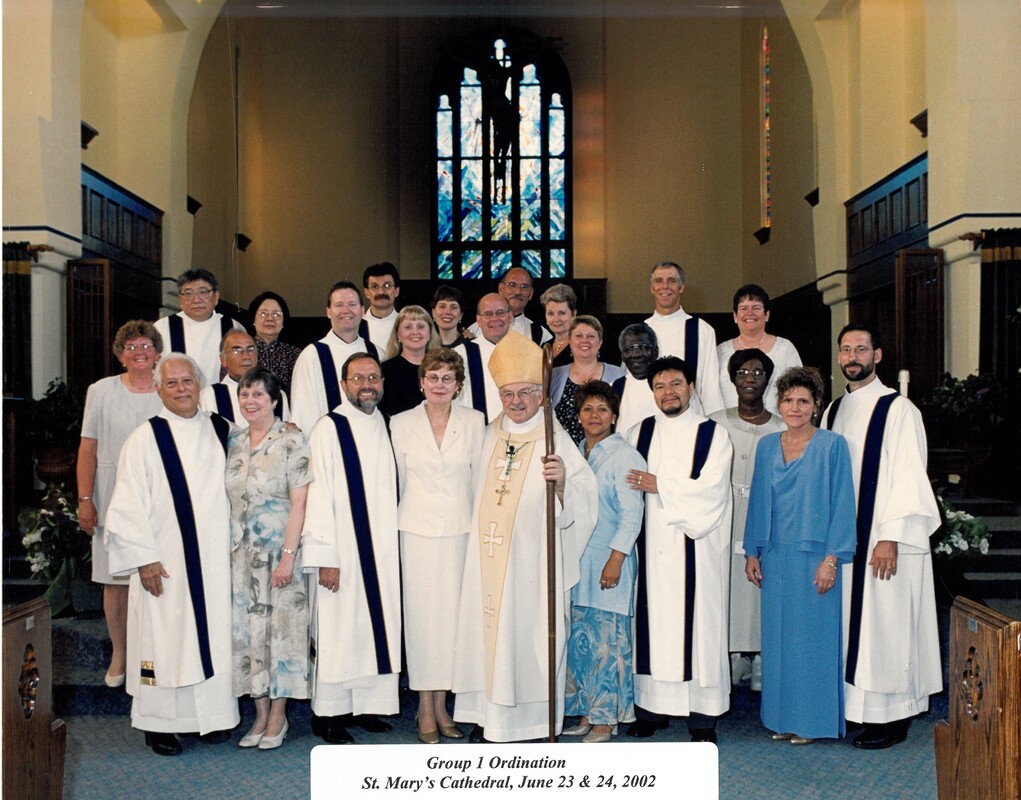
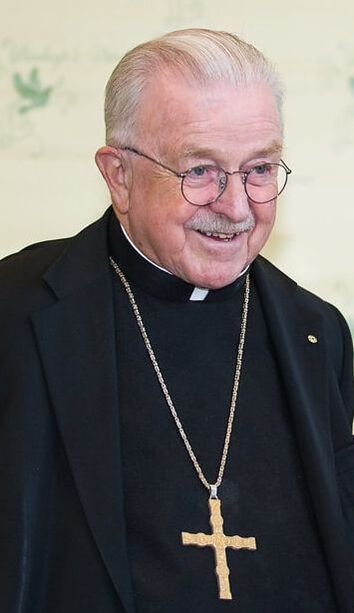
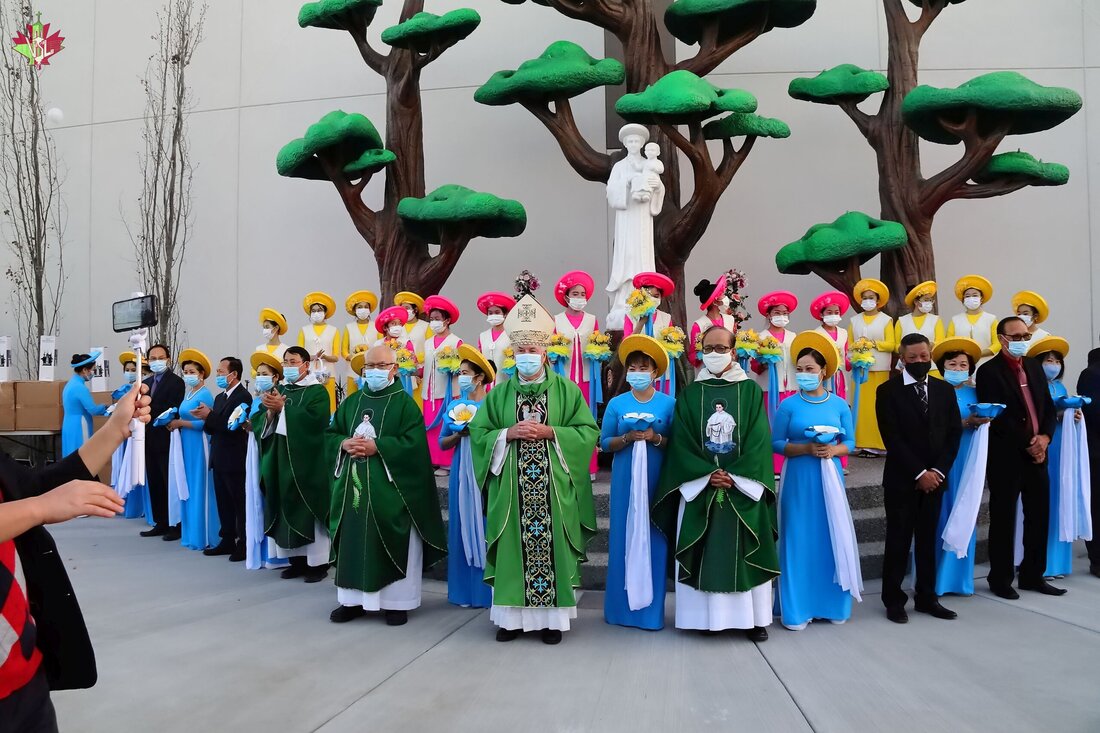
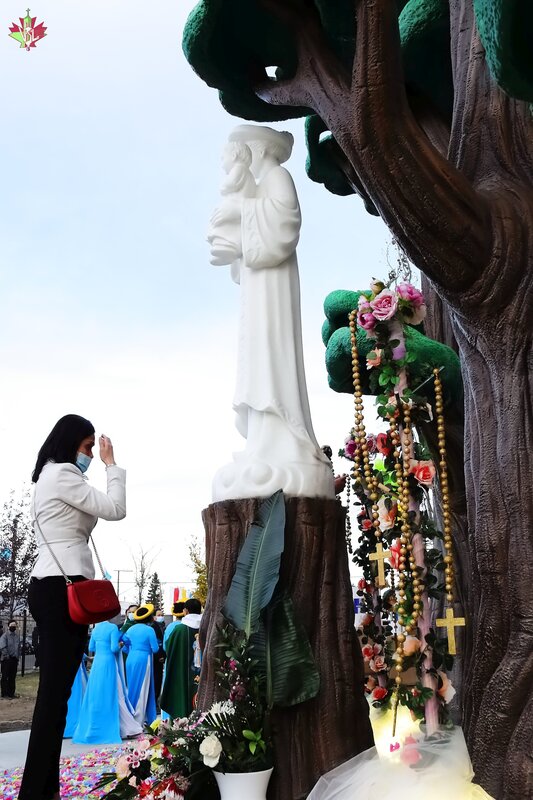
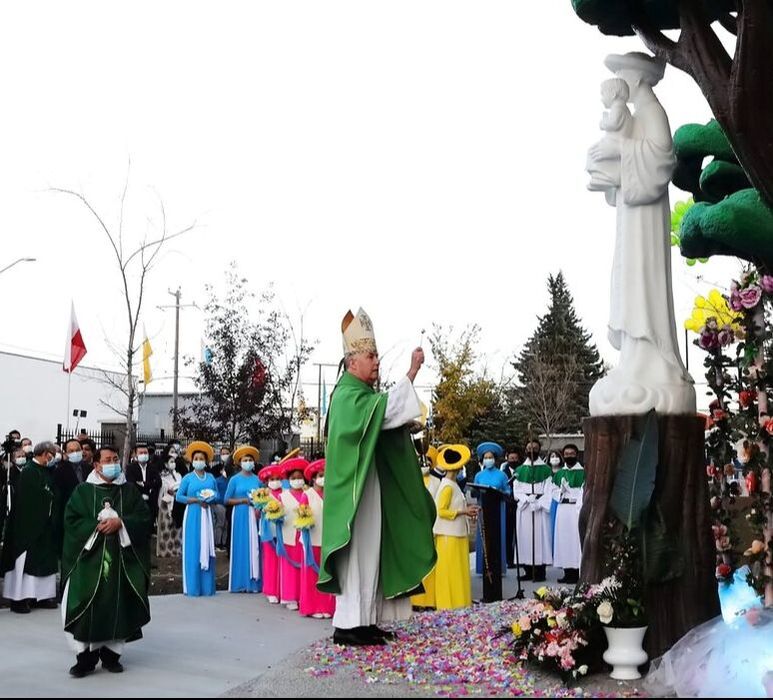
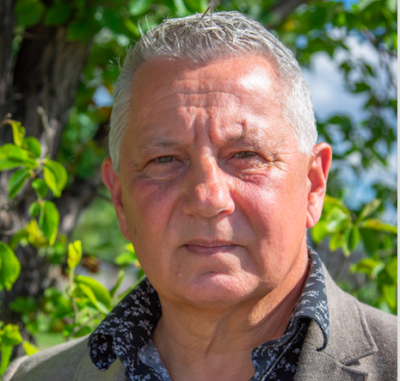
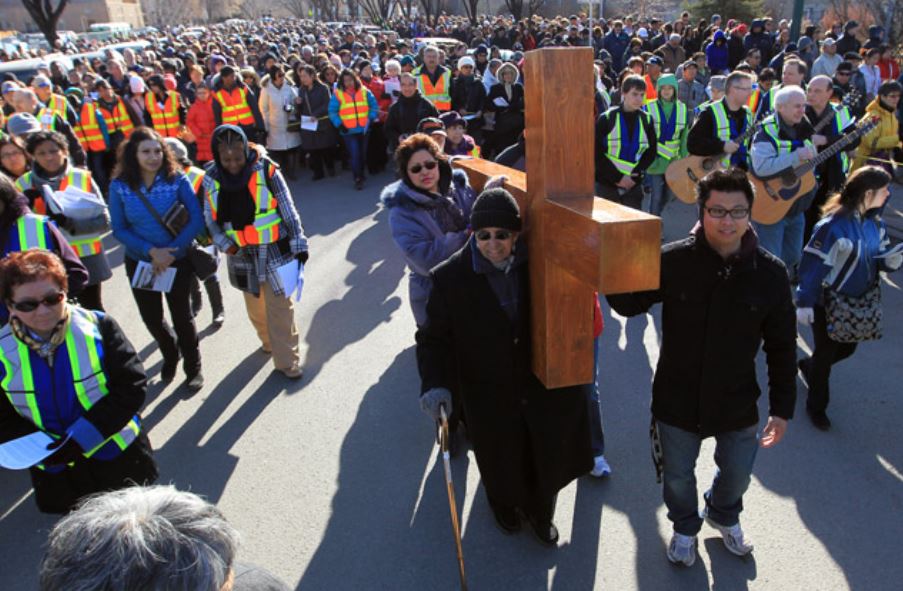
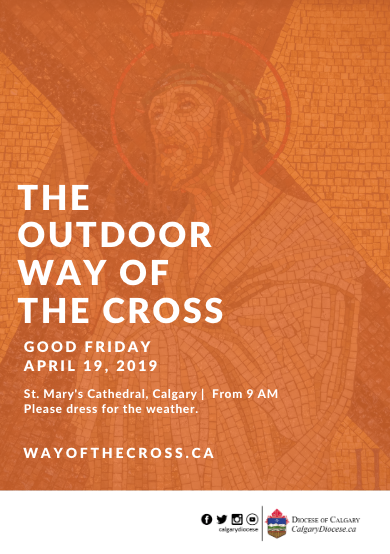
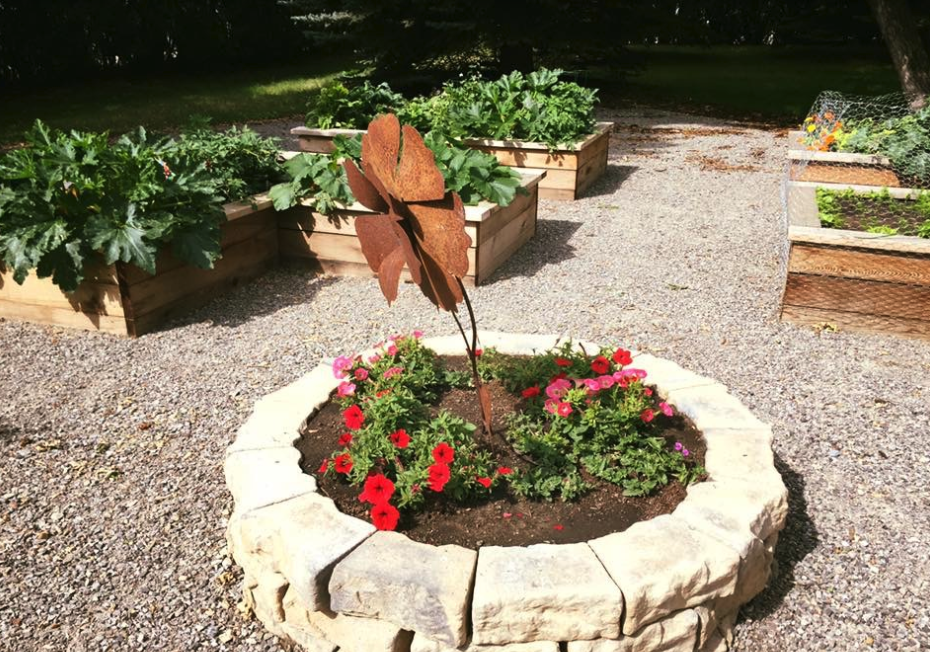
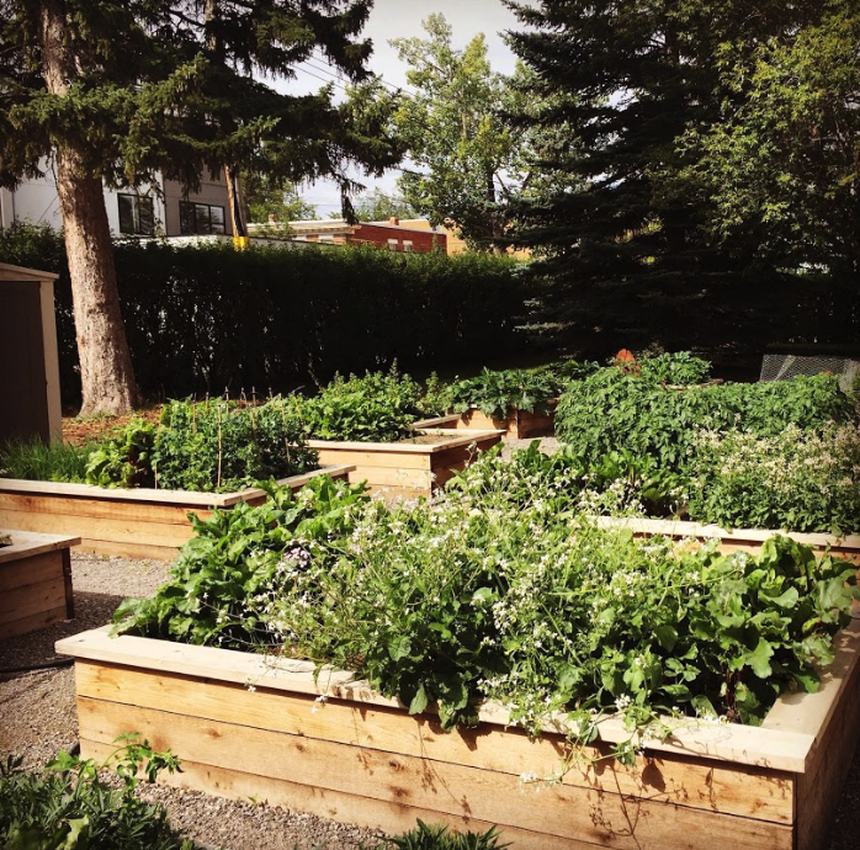
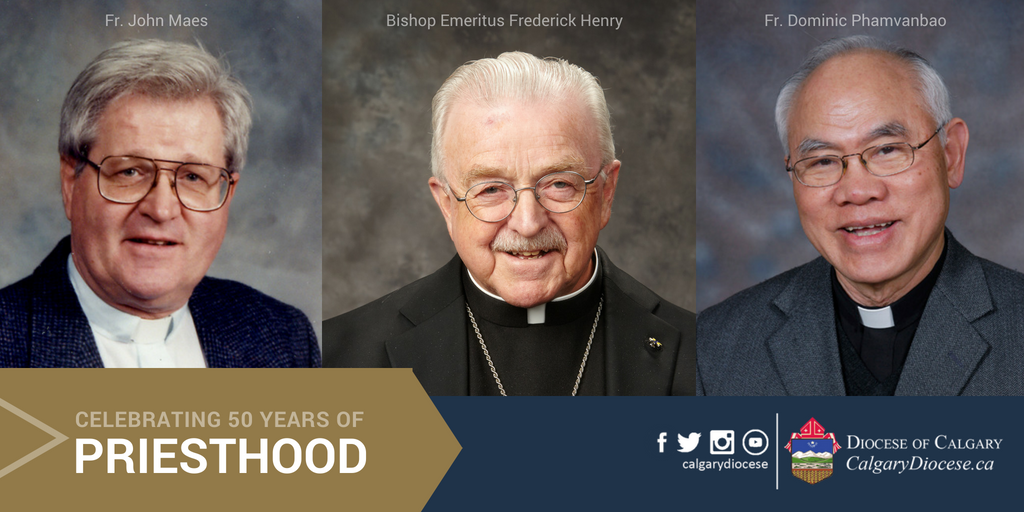
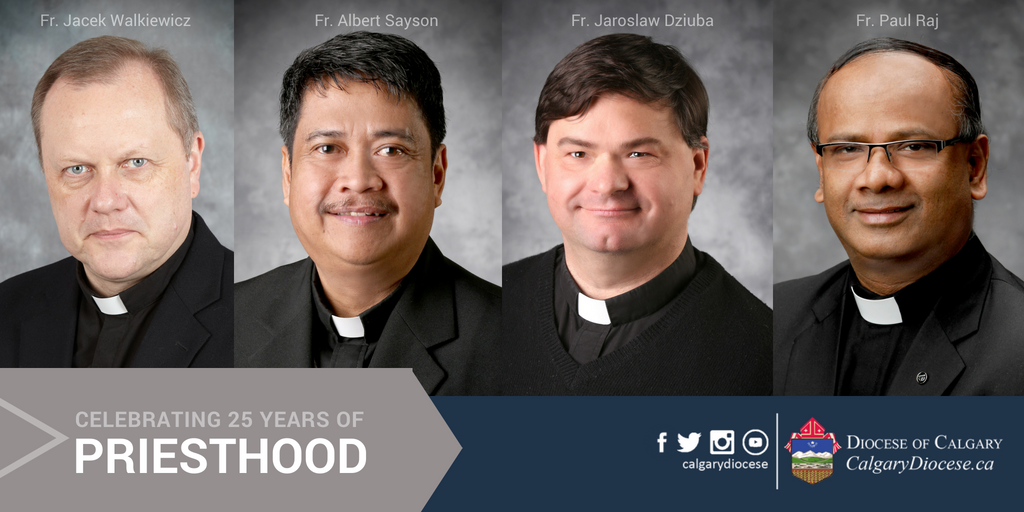
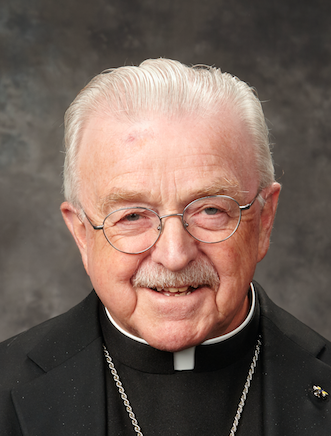
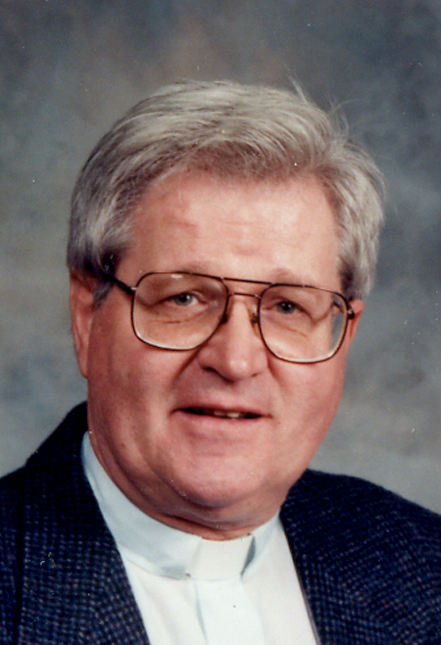
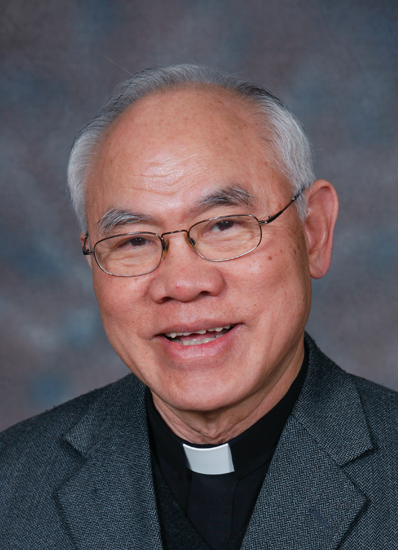
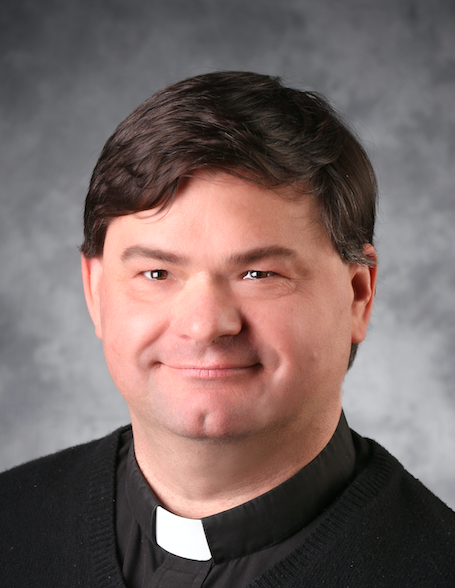
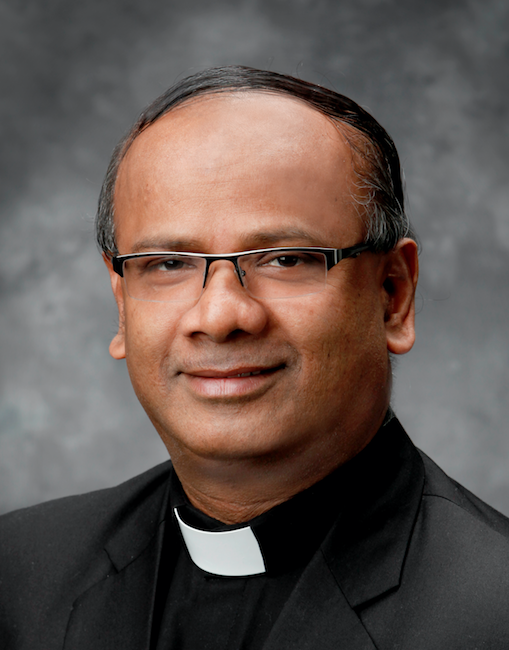
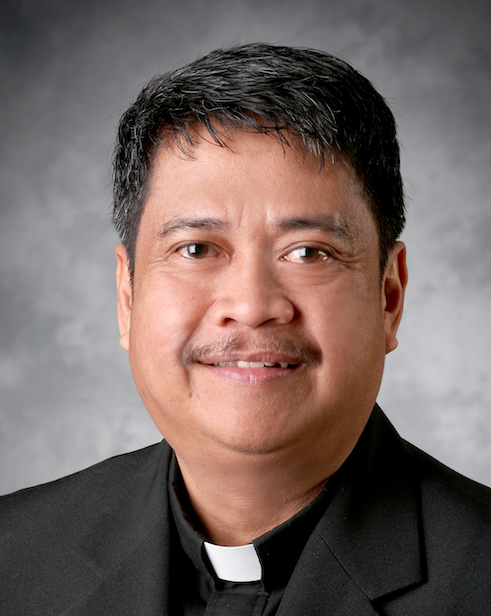
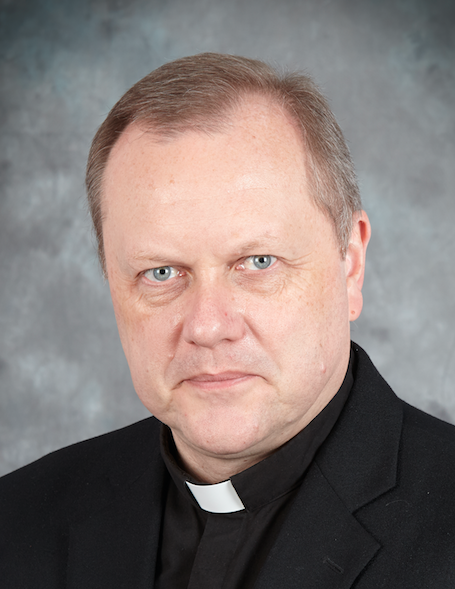
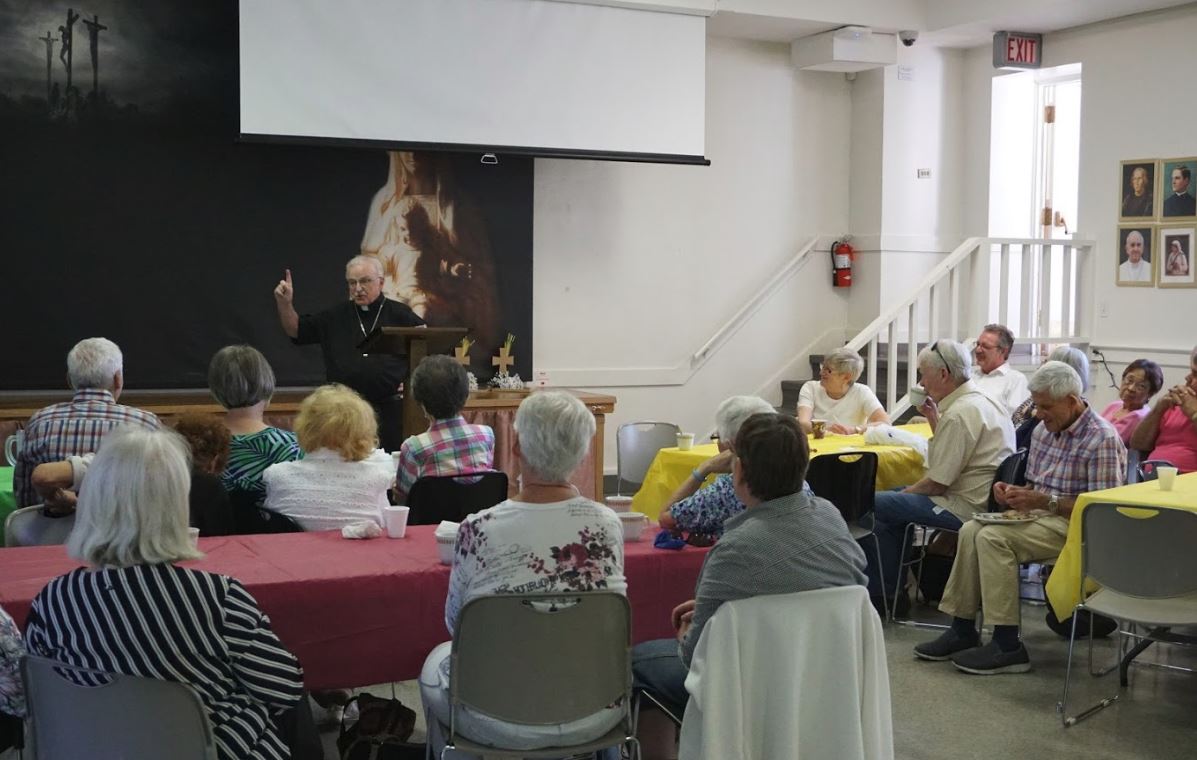
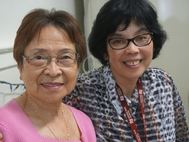
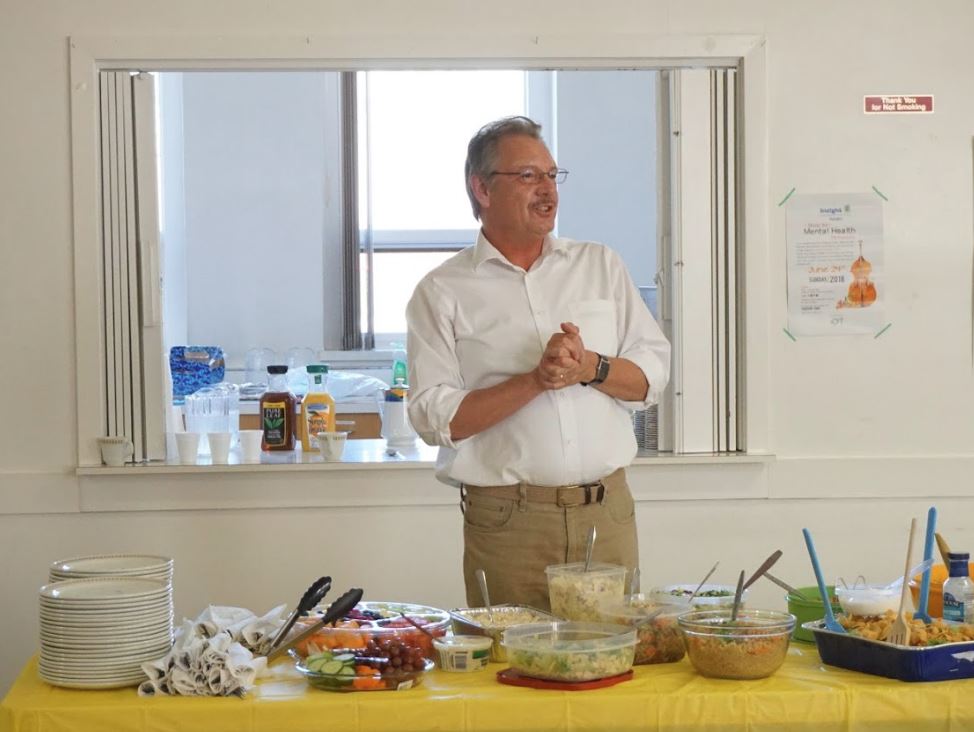
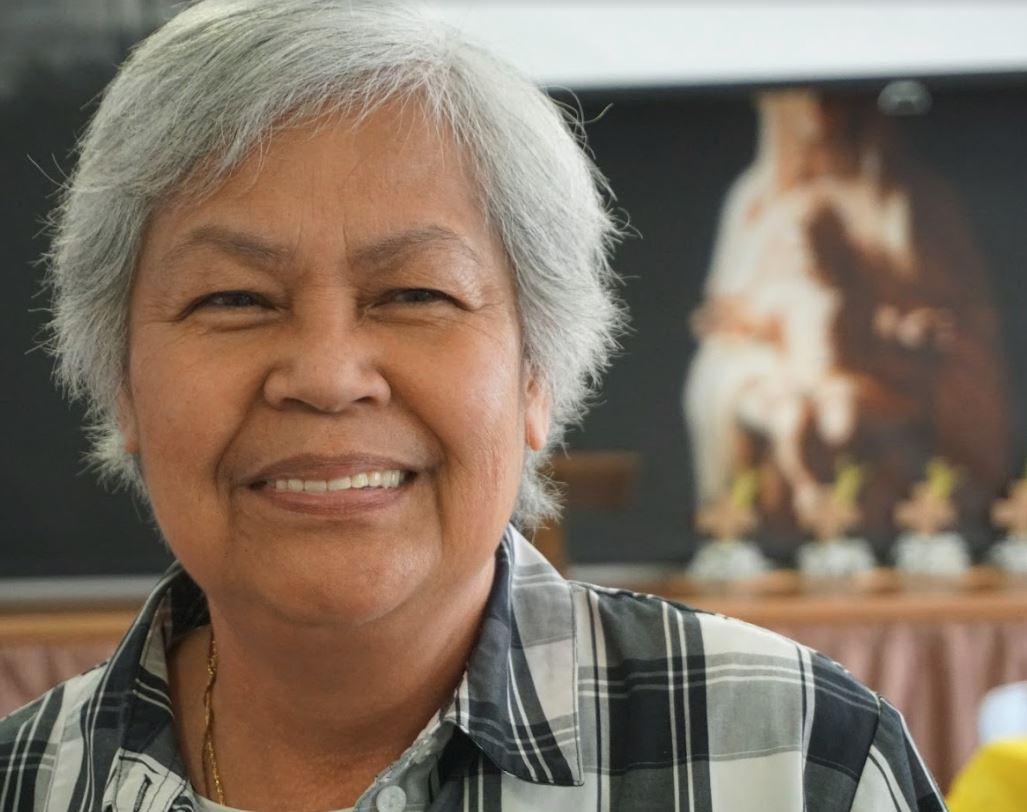
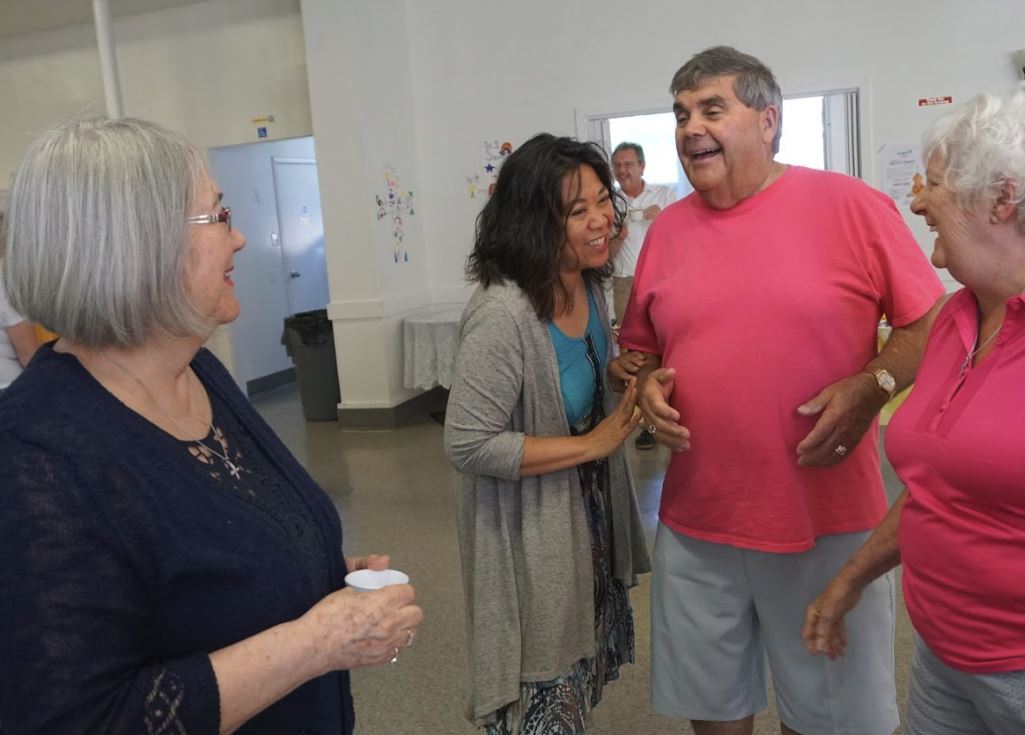
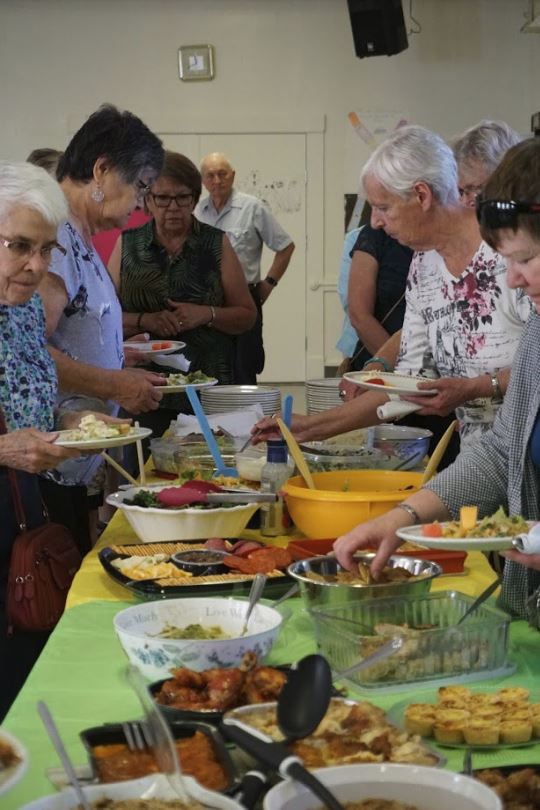
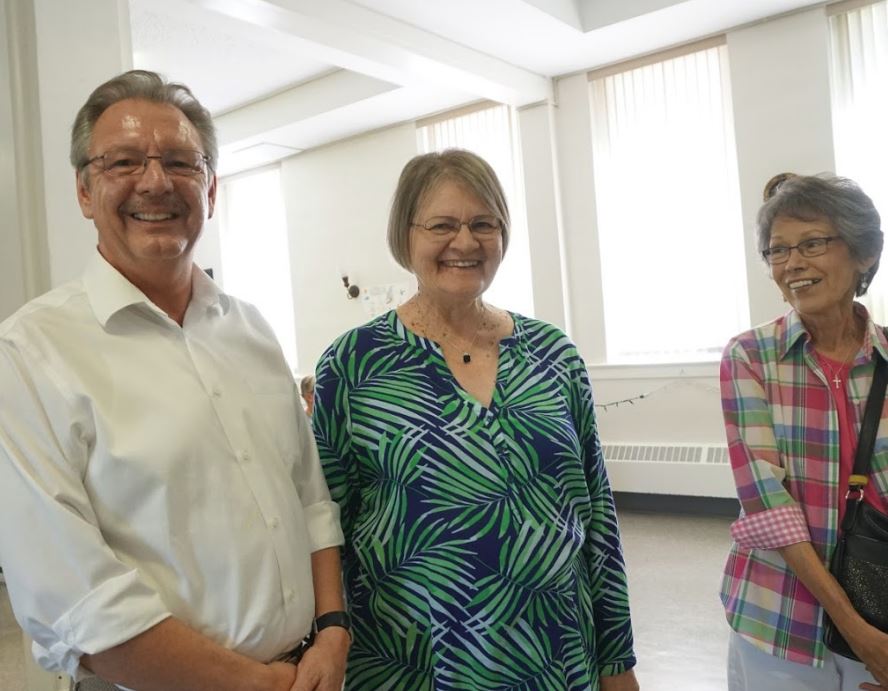
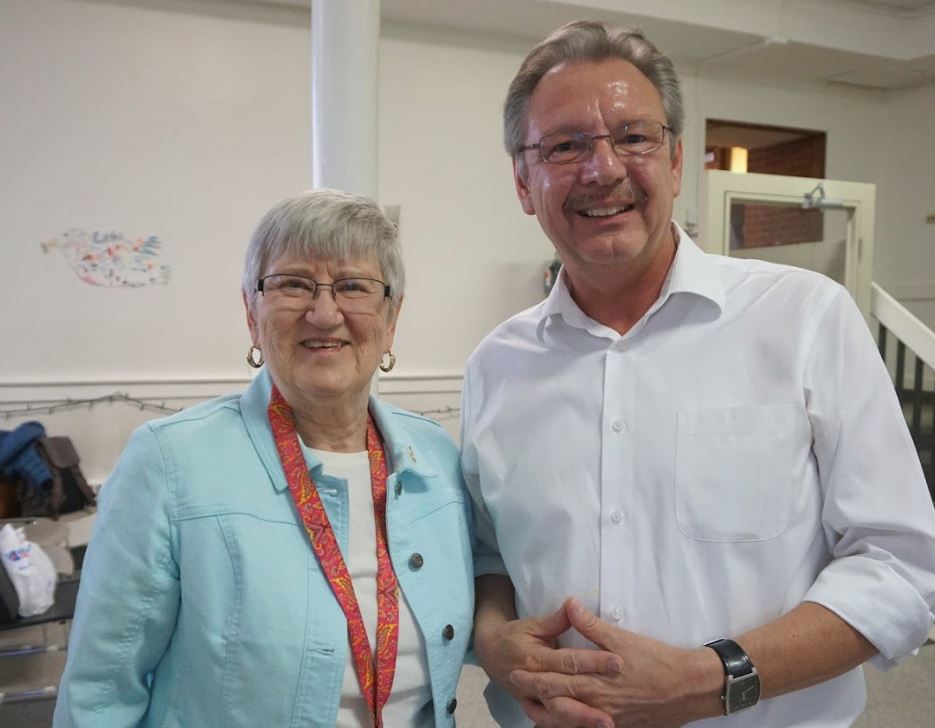
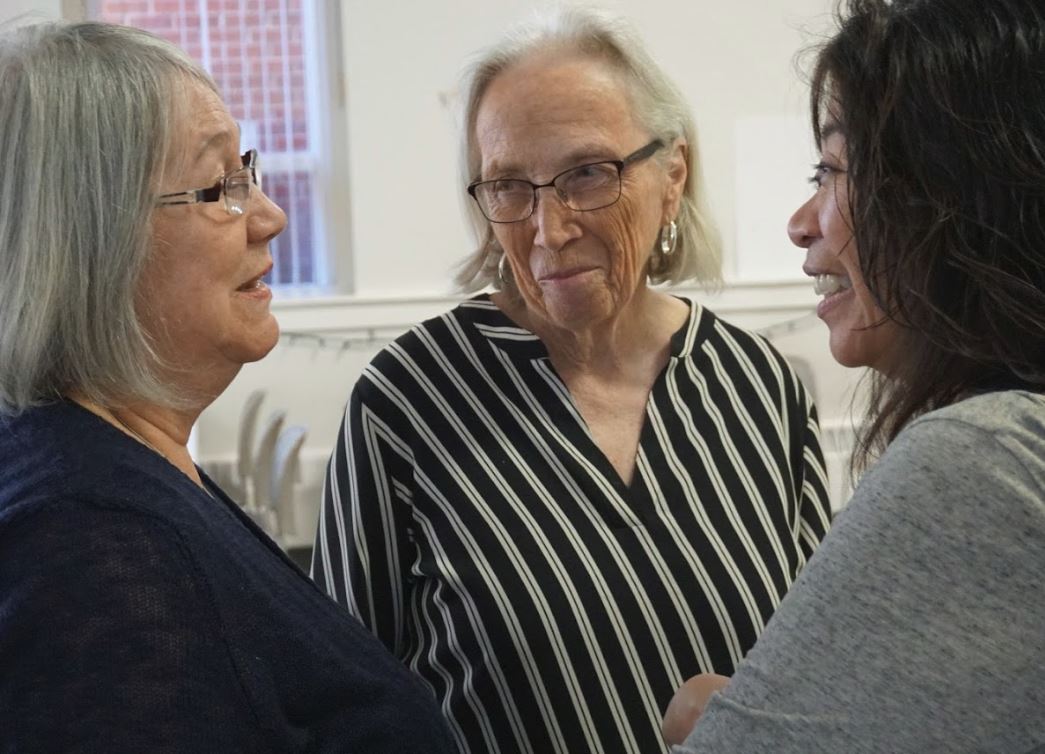
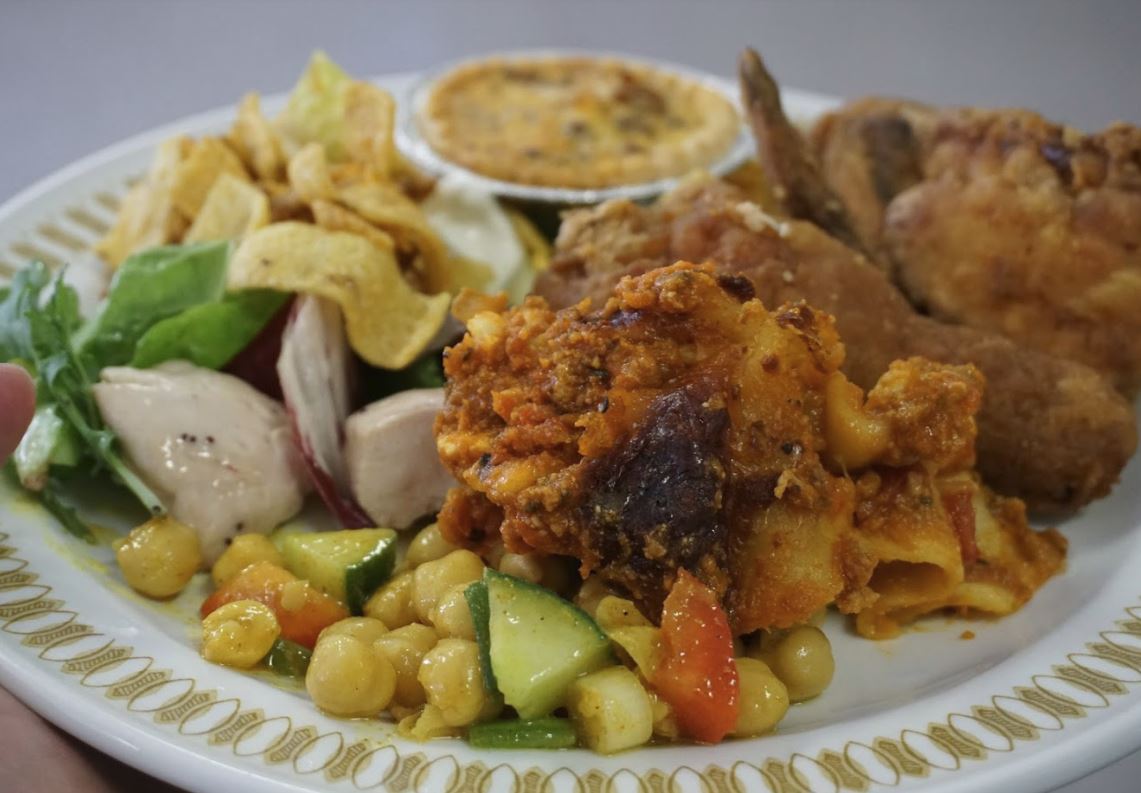
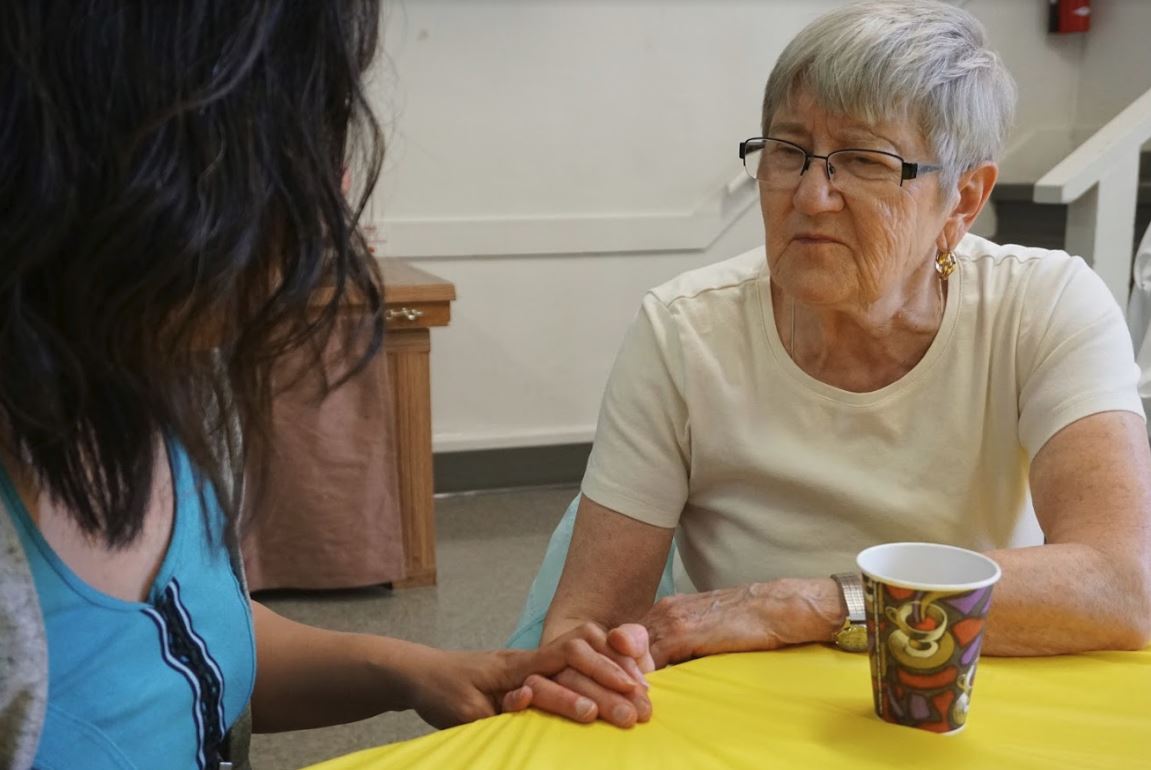
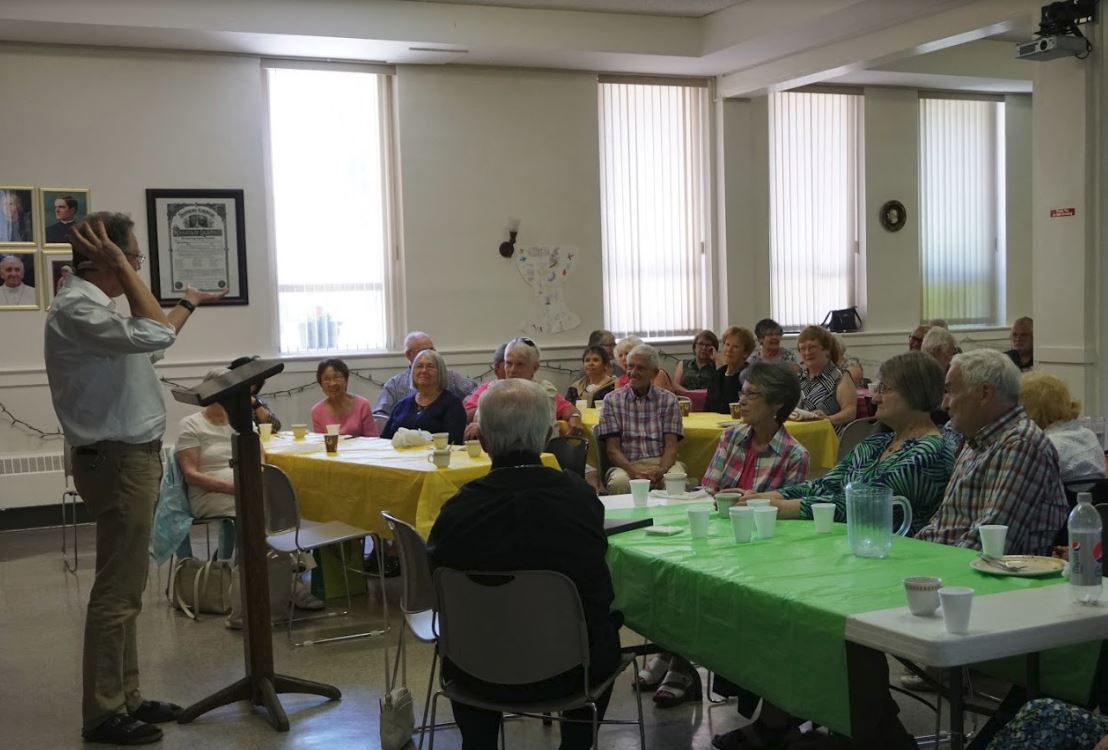
 RSS Feed
RSS Feed